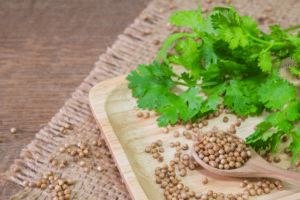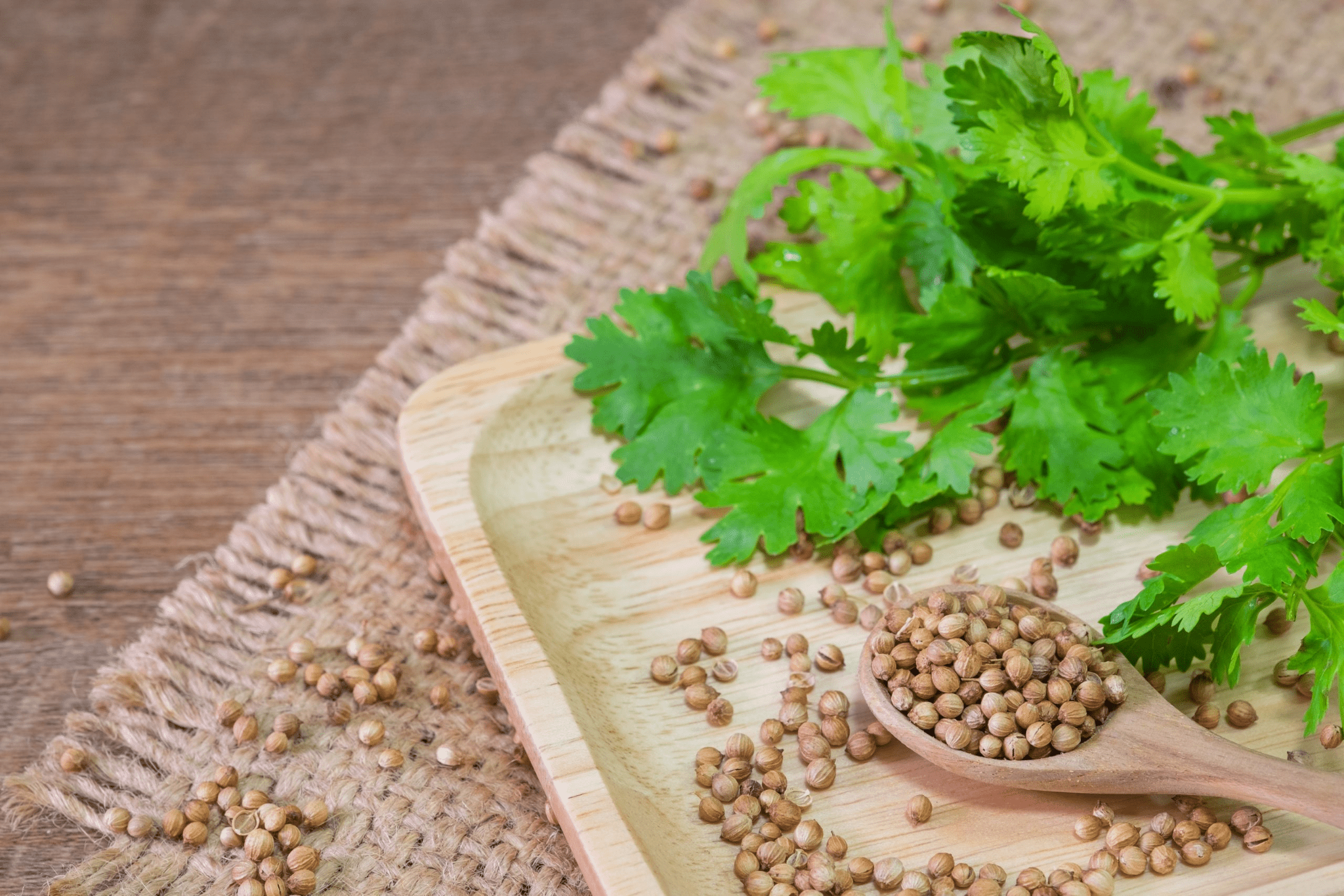
While protein bars are a convenient way to add nutrients to your diet, you should always read the nutrition label to see how many grams of protein you’re getting. High-quality protein is crucial for body functions. It helps build muscle, prevents muscle breakdown, and synthesizes red blood cells and immune cells. It also aids in the production of hormones and is essential for repairing and rebuilding tissues. In addition, protein bars are also a convenient meal replacement.
Although protein bars are a good source of protein, you should avoid those with a lot of sugar and added ingredients. Animal-based protein is the most nutritious, and plant-based protein bars contain fewer calories and fat than animal-based products. Look for bar brands that have less than 10 grams of fat per bar, as too much fat can lead to weight gain. Ideally, protein bars contain monounsaturated fat, which is better for your cholesterol level.1
When selecting protein bars, you should look for the amount of carbohydrates in the bar. The ideal bar contains no more than 10 grams of carbohydrates, as too many can cause weight gain and increased appetite. It should also have at least five grams of fiber, which are slow-digesting carbohydrates that can stabilize blood sugar levels and aid digestion. Those bars that contain these nutrients are recommended by experts as a healthy snack for dieting.
Coriander Benefits in Protein Shakes
Adding coriander to protein shakes is one way to add the herb’s many benefits. Many people in the Middle East and South Asia enjoy the herb’s health benefits. It has been used to treat a wide variety of ailments, including bowel spasms, diarrhea, upset stomach, worms, and bacterial and fungus infections. Researchers have also discovered that it can reduce blood pressure.2
Other coriander benefits include a decrease in blood pressure, lower LDL cholesterol levels, and increased HDL cholesterol. Consuming a spice-rich diet is associated with a lower risk of heart disease. And, because inflammation is connected to a variety of ailments, coriander’s anti-inflammatory properties could protect against several of these ailments. In a mouse study, the herb was found to improve memory and cognitive function. It may also improve mood and anxiety.
Among its health benefits, coriander may help fight a variety of ailments. It may lower blood pressure, help reduce cholesterol and increase HDL cholesterol. A spice-rich diet is also linked to a reduced risk of developing heart disease. And as coriander is known to have anti-inflammatory effects, it may help protect against inflammation-related diseases, including Alzheimer’s. In addition, it has also been found to improve memory in mice and improve mood.3
Other coriander benefits include reducing the risk of colon cancer. It is beneficial to the heart and lowers serum LDL-cholesterol levels. Furthermore, its fiber content can protect the mucosa of the colon from damage. This means that it can be used in protein shakes without any side effects.4
Adding coriander to protein shakes is another way to add the herb’s benefits to the body. It can reduce the risk of diabetes. It can reduce cholesterol levels and increase bile excretion. It can also reduce the risk of colon cancer. It can reduce toxic levels in the colon, which is important for your health. The herb has numerous other benefits. It can even help those who suffer from heart failure or have high blood pressure.
In addition to helping with blood sugar levels, coriander contains a compound that may fight Salmonella. It also helps to manage diabetes. Studies conducted on rodents have shown that coriander helps to improve bowel movements. This compound also increases blood sugar levels, making it beneficial to people with diabetes. In conclusion, adding coriander to protein shakes is an excellent way to boost your daily intake of spice.
The coriander seed extract has many benefits for the body. It has antioxidant properties and reduces inflammation.5 The seeds also have antibacterial and antifungal properties. It has antibacterial and antiviral properties. It is an excellent addition to protein shakes, and it can lower cholesterol and prevent the development of certain types of cancer. This ingredient has numerous health benefits, and it’s worth considering. This supplement can help you maintain a healthy weight.6
What is Coriander and Should You Be Eating It?
The most popular use for coriander is in cooking. This herb, also known as Chinese parsley or cilantro, is a perennial plant in the Apiaceae family. All parts of the plant are edible, but its fresh leaves and seeds are the most common. This article explores the history, benefits, and uses of coriander. You can also learn how to grow it at home. This herb is a great addition to any meal!
Coriander comes in two forms: dried seeds and the seed of the plant. You can buy the seeds whole or ground, depending on your preference. The European variety has a more complex flavor, with hints of mint and pepper. The Indian variety is more citrusy and is used in Asian and Middle Eastern cuisines. The dried seed is the most common form. While the leaves are the more widely used form, they can also be eaten in many recipes.
A recent study indicates that coriander contains a powerful antibacterial compound. This may help protect against Salmonella, the bacteria responsible for more than 1 million foodborne illnesses every year in the U.S. Researchers at the University of Georgia found that coriander has high concentrations of dodecenal, a natural compound that is twice as potent as some of the leading treatments. If you’re concerned about the risk of food poisoning, it might be worth your time to add coriander to your diet.
What Are the General Health Benefits of Coriander?
Coriander has a range of health benefits. It helps regulate blood sugar levels and has the ability to fight off urinary tract infections. It contains a high amount of carotenoid antioxidants, which help protect cells from free radical damage. Several studies have shown that coriander has beneficial effects on the eyes. It can also help alleviate oedema and treat high blood pressure. This herb is a good source of antioxidants, which reduce the risk of heart disease and cancer.
In addition to its flavor and aroma, coriander leaves have multiple health benefits. Commonly known as Dhaniya, these leaves pack a potent punch of nutrients, including calcium, magnesium, potassium sodium, and vitamin A. It is a member of the Apiaceae family, which also includes dill, fennel, and parsley. These leaves and seeds are used to flavor foods and add flavor.
Fresh coriander juice is a wonderful addition to a morning cup of tea or buttermilk. It can also be added to dhania paratha to help meet daily vitamin and mineral requirements. You can even use it to make a tasty salsa with tomato. You can also enjoy delicious curries, salads, and smoothies made with coriander. All of these foods have a multitude of health benefits, so it may be well worth the investment.
If you’re suffering from digestive problems, coriander can help. Its high fiber content can help you avoid constipation and diarrhea. This herb has been studied as a potential remedy for various digestive problems, including diarrhea, bowel spasms, and nausea. It also contains iron and Vitamin E, which can benefit the skin. It also has antibacterial and antifungal properties.
Another benefit of coriander is that it can lower blood pressure. People who have low blood pressure should be cautious when consuming it. If you’re taking medications, you should consult with your doctor before incorporating coriander into your diet. If you have low blood pressure, it can be dangerous. Those who suffer from the disorder should talk with their physician to find out if coriander will have any effects on their blood.
Other health benefits of coriander include lowering cholesterol levels, which are caused by a high level of bad cholesterol. It also lowers blood glucose, and it can prevent baldness and epilepsy. It also contains anti-inflammatory properties. This herb can reduce the risk of autoimmune diseases. Additionally, it can improve the immune system and fight a variety of other illnesses. This herb is also a common ingredient in many types of cooking.
Image Credits
Times Now / Google Stock Images
Nutroo / Google Stock Images
Commodity Board / Google Stock Images
Boss Magazine / Google Stock Images
1 “Are Animal Proteins Better for You Than Plant Proteins? | Cedars-Sinai.” 16 Jan. 2019, https://www.cedars-sinai.org/blog/best-protein.html Accessed 29 Dec. 2021.
2 “Cilantro (coriander): Benefits, nutrition, and preparation tips.” https://www.medicalnewstoday.com/articles/277627 Accessed 29 Dec. 2021.
3 “7 Healing Spices to Add to Your Smoothie for Good Health.” https://www.onegreenplanet.org/vegan-food/healing-spices-to-add-to-your-smoothie-for-good-health/ Accessed 29 Dec. 2021.
4 “Cholesterol: Top foods to improve your numbers – Mayo Clinic.” https://www.mayoclinic.org/diseases-conditions/high-blood-cholesterol/in-depth/cholesterol/art-20045192 Accessed 29 Dec. 2021.
5 “8 Surprising Health Benefits of Coriander – Healthline.” 17 Sep. 2019, https://www.healthline.com/nutrition/coriander-benefits Accessed 29 Dec. 2021.
6 “Effect of coriander seed (Coriandrum sativum L.) ethanol extract on ….” https://pubmed.ncbi.nlm.nih.gov/19003941/ Accessed 29 Dec. 2021.




